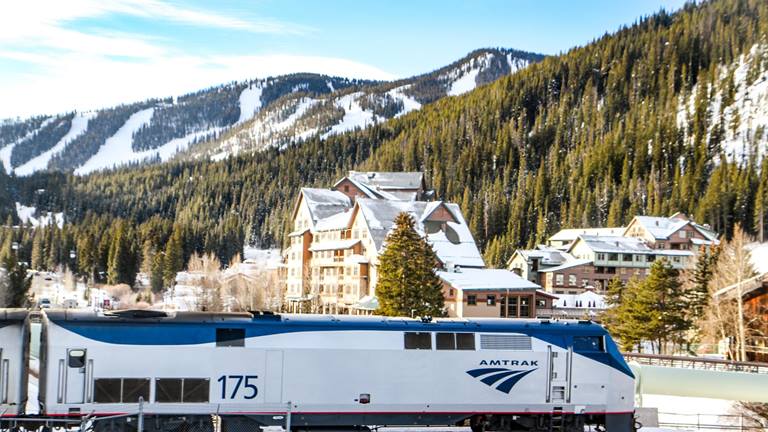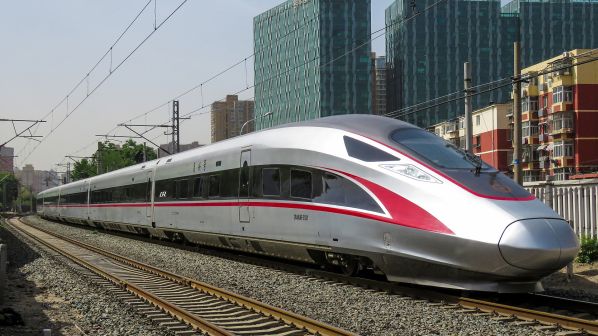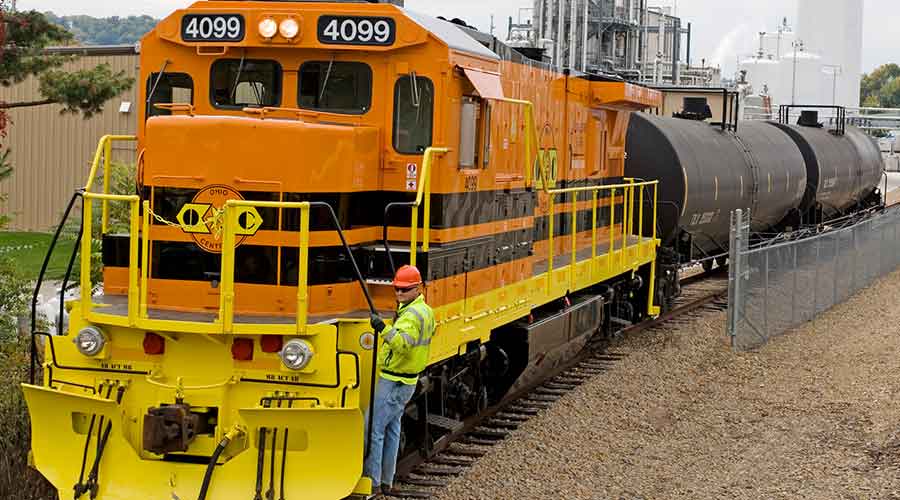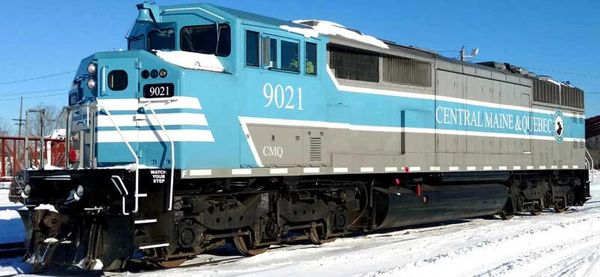- 20 Mireo Plus B battery-powered trains for Baden-Württemberg
- Maintenance contract for 29.5 years
- Delivery of trains by June 2023

Landesanstalt Schienenfahrzeuge Baden-Württemberg (SFBW) has ordered 20 Mireo Plus B trains from Siemens Mobility. The two-car electric trainsets with 120 seats can operate on rail routes with or without overhead power lines thanks to their battery hybrid drive, and are scheduled to operate in Network 8 of the Ortenau regional system. The contract also includes maintenance of the trains by Siemens Mobility for a period of just under 30 years. State Minister for Transport Winfried Hermann said: “This marks the first time battery-powered trains will be used in the state. With this innovative technology, the electrification of rail routes without continuous overhead power lines will also be possible.”
Delivery of the trains is scheduled to be completed by December 2023. The trains will be built at the Siemens Mobility factory in Krefeld, Germany. The KfW IPEX Bank is financing the trains for Nahverkehrsgesellschaft Baden-Württemberg (NVBW). The financing of €77 million has a term of 28 years.
“With this order, the state of Baden-Württemberg is investing in the future of mobility. Our battery-powered train Mireo Plus B makes climate-friendly, locally emission-free passenger transport possible, thus offering a sustainable alternative to the use of diesel-powered trains on non-electrified rail routes. We will guarantee the availability of the fleet with our maintenance of the trains over their entire lifecycle,” said Sabrina Soussan, CEO of Siemens Mobility.
“In the interest of sustainability, we’ve deliberately opted for a “lifecycle model’,” said Winfried Hermann, Minister for Transport in Baden-Württemberg. “We’re breaking new ground in converting to climate-friendly propulsion systems in local transport by introducing this new technology and want to commit the company to this technology through contractual arrangements. Siemens is also responsible for energy consumption and energy costs over the entire contract period of 29.5 years. In this respect, we are entering new territory regarding public transport tenders in the state of Baden-Württemberg.”
The Mireo Plus B has a range of around 80 kilometers in battery operation under real conditions. The batteries can be charged via the overhead line while operating along electrified sections and by recuperating the train’s braking energy. The battery system is mounted underfloor and is installed in two battery containers. Lithium-ion batteries with a long service life are used in the system.
The Network 8 Ortenau comprises the routes:
- Offenburg –Freudenstadt/Hornberg
- Offenburg – Bad Griesbach
- Offenburg – Achern
- Achern – Ottenhöfen and
- Biberach (Baden) – Oberharmersbach-Riersbach











